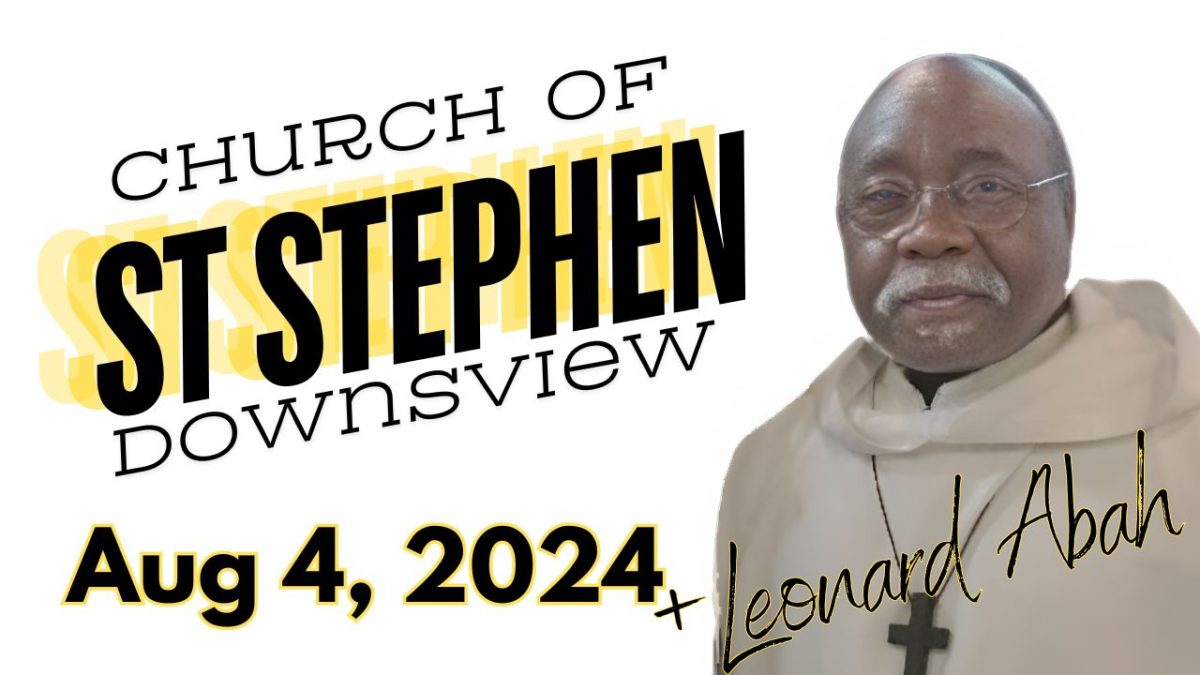Human Frailty and Divine Forgiveness: A Lesson from David and Bathsheba
Today, I want to share some reflections on a poignant story that resonates deeply with our human experience—the story of David and Bathsheba. Whenever we read this story, our judgments vary. Some blame Bathsheba for bathing on the rooftop; others point fingers at David. The reality is, this story encompasses many layers of human actions and consequences.
Recently, I found myself pondering why this narrative, laden with so much moral complexity, is included in the Bible, a book we consider holy. My research led me to a profound realization about human frailty. David, before becoming king, had a heart that God himself cherished. He was close to God, a figure both revered and flawed. Theologians describe David as a king, priest, and prophet, yet his actions reveal his vulnerability.
David’s story, although ancient, mirrors our current realities. When bestowed with power, unchecked authority can lead to impunity, arrogance, greed, and corruption. These issues persist in our society today, affecting everyone from religious leaders to politicians. David’s narrative serves as a reminder that no one is immune to these flaws.
When the prophet Nathan confronted David, he did so with wisdom and diplomacy. Instead of outright condemnation, Nathan shared a parable that resonated deeply with David, leading him to realize his own guilt. David’s response is telling—he confessed and sought forgiveness. This act of contrition highlights a significant biblical theme: the power of sincere repentance and divine forgiveness.
Nathan’s method of guiding David to self-awareness and confession teaches us an essential lesson about judgment. We are often quick to judge others without understanding the full scope of their actions or motivations. David’s repentance and God’s forgiveness illustrate that no sin is too great if one sincerely seeks forgiveness.
Moreover, this story calls us to introspection. We must recognize our own flaws and seek divine forgiveness. God’s capacity to forgive is boundless if we approach Him with humility and genuine remorse.
Turning our focus to unity, another crucial teaching emerges from the Epistles of Paul. Paul emphasized that unity in the Christian community is not based on similarities, but on the love of God. Despite our diverse gifts and roles, we are united in our purpose to serve God. This unity is reinforced through fellowship—coming together to utilize our unique abilities for mutual edification.
The diversity of gifts within the Christian community mirrors the early church. Some were apostles, prophets, teachers, and seers, all working towards a collective goal. This collaborative effort underscores the importance of using our gifts responsibly and for the common good, rather than for self-aggrandizement.
Reflecting on our contemporary Christian landscape, I often marvel at the proliferation of churches. Despite this, there seems to be a disconnect between our faith and societal progress. It is crucial to remember that our gifts are meant to foster community and support one another, not create divisions.
Let us consider the metaphor of family. Each family has its own set of challenges, but ideally, it operates on mutual support and love. Similarly, the Christian community should function on these principles, helping each other grow in faith and love. This is the essence of our fellowship—a community built on compassion, understanding, and shared purpose.
In closing, I urge you to delve into the Gospel of John, particularly the passages where Jesus asks, “Who do people say I am?” Reflect on who Jesus is to you personally and how His teachings influence your life. Jesus declared, “I am the bread of life,” inviting us to find spiritual nourishment and fulfillment in Him.
May these reflections inspire you to seek unity, forgiveness, and a deeper understanding of our shared faith.
In the name of God the Father, God the Son, and God the Holy Spirit.
I hope to see you all next week.
Leonard Abah

